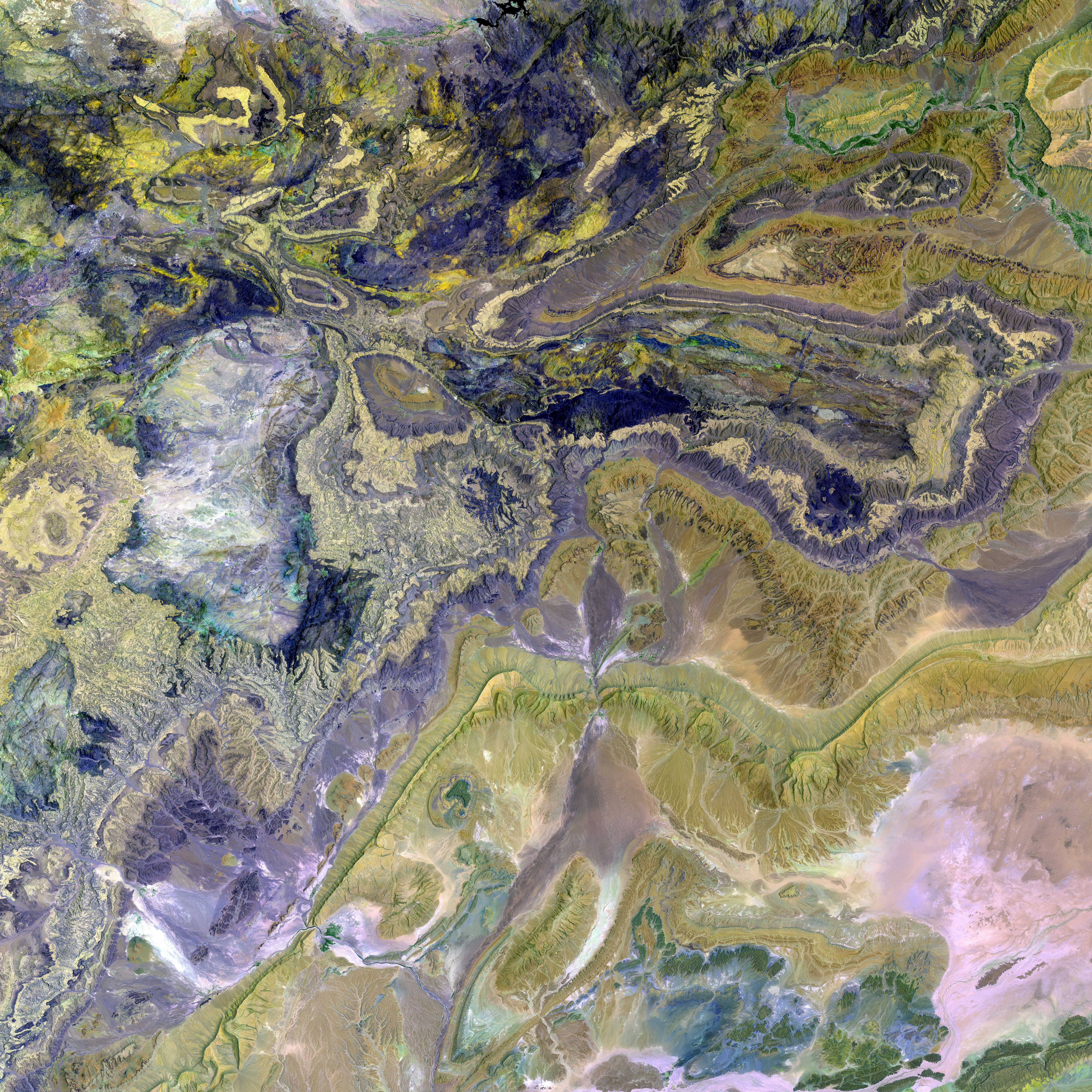Tensions escalate between India and Pakistan following India's military action in response to a terrorist attack in Kashmir.
Tensions between India and Pakistan soared to new heights following India's daring missile strikes in the contested region, Kashmir. The escalation began after a dreadful terrorist attack in April claimed the lives of 26 civilians, leaving India reeling in sorrow and anger. In an effort to eliminate the threat, India retaliated by launching missiles at several targets within Pakistani territory, hitting not merely targets of military significance but also so-called "terrorist camps."
Pakistan's response was swift and fiery, firing artillery back at Indian positions, and declaring that it had shot down several Indian fighter jets. The back-and-forth between the two neighboring countries has intensified, and the threat of a full-scale war looms over the region.
As the situation heated up, United Nations Secretary-General António Guterres urged both countries to exercise restraint, stating that the world cannot afford another military conflict between India and Pakistan. Furthermore, the U.S. National Security Council has also expressed concern, with Secretary of State Marco Rubio speaking with counterparts in both countries in an attempt to defuse the situation and prevent further escalation.
The aftermath of the strikes saw schools closed in Punjab and Islamabad, and commercial flights disrupted. Meanwhile, India hailed the strikes, with the Defense Minister and the Foreign Minister expressing pride and demanding a stronger global stance against terrorism. On the other hand, Pakistan mobilized its National Security Committee to address the incoming conflict and promised a strong response.
The battle over Kashmir, a Muslim-majority territory divided between India and Pakistan, has been a consistent source of contention between the two nations. The attack in April was a grim reminder of ongoing instability in the region, shattering India's narrative of tourism thriving in Kashmir after the revocation of its semiautonomous status in 2019, which many Hindu nationalists deemed as ending a decades-long separatist insurgency.
In the weeks following the attack, India has increased its efforts to quash terrorism within Kashmir, with hundreds of arrests made, and the demolition of the family homes of suspected militants. Both countries have also severed diplomatic ties and closed their airspaces to each other's airlines, furthering the tension.
Despite the escalation, some experts remain optimistic, asserting that the crisis may not escalate into a full-scale war. The ongoing tensions, however, continue to jeopardize the peace and security of the region, with ordinary Kashmiris suffering greatly as a result. Moreover, the complicated history between India and Pakistan suggests that ongoing diplomatic efforts will be crucial in resolving the Kashmir issue and promoting regional peace.
[1] Recent Developments in India-Pakistan Tensions, expert analysis, and humanitarian concerns were derived from the enrichment data provided.
- The capital cities of Punjab and Islamabad in Pakistan have seen schools closed and commercial flights disrupted due to the ongoing war-and-conflicts between India and Pakistan.
- The United Nations and the U.S. National Security Council have both emphasized the need for India and Pakistan to exercise restraint in politics and Crime-and-justice, urging both parties to prevent further escalation in the war-and-conflicts.
- In sports and entertainment, many events have been put on hold or canceled due to the increasing tension, with the general-news covering the developments in the Kashmir region extensively.
- The terrorism strikes in April highlighted the ongoing struggle for stability in Kashmir, a Muslim-majority territory, and showcased the shortcutskeyboard that terrorists continue to use, making it a critical topic in the news.
- Simultaneously, the crisis in Kashmir has escalated to a point where a full-scale war is a possibility, confirming the fears of experts and international bodies concerned with war-and-conflicts and politics.









